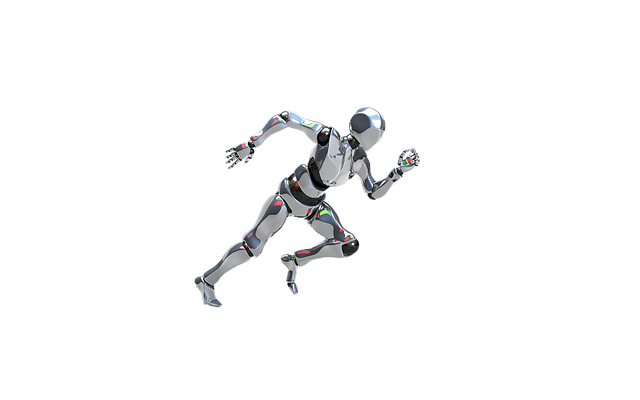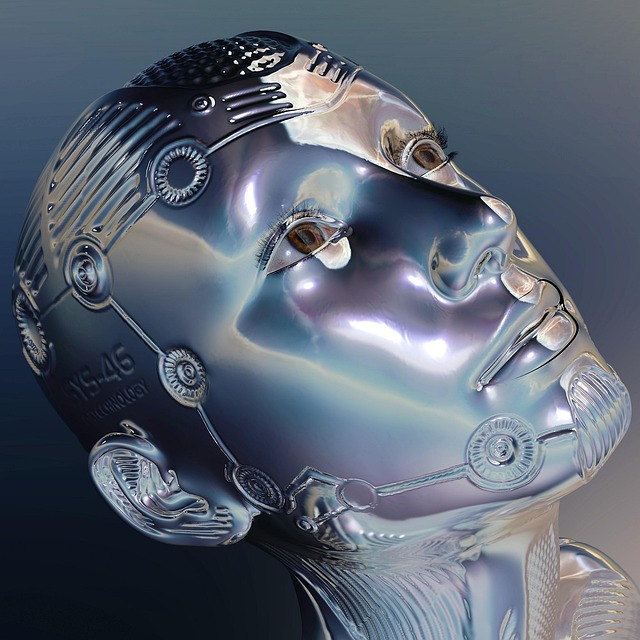
Artificial Intelligence: Transforming Our World
Artificial Intelligence (AI) is revolutionising various aspects of our lives, from healthcare and education to transportation and entertainment. This comprehensive guide delves into the multifaceted world of AI, its current applications, potential future developments, and the ethical considerations surrounding its integration into society.

Understanding Artificial Intelligence
What is Artificial Intelligence?
Artificial Intelligence refers to the simulation of human intelligence in machines programmed to think and learn like humans. These systems can perform tasks such as reasoning, learning from experience, and self-correction.
Types of Artificial Intelligence
AI can be broadly classified into three categories:
- **Artificial Narrow Intelligence (ANI):**AI systems designed to perform a narrow task, such as facial recognition or internet searches.
-**Artificial General Intelligence (AGI):**A machine with the ability to understand, learn, and apply knowledge in a manner similar to a human being.
-Artificial Superintelligence (ASI): A level of intelligence that surpasses human capabilities in all aspects.
The Evolution of AI
Early Developments
The concept of AI dates back to the 1950s, with pioneers like Alan Turing and John McCarthy laying the groundwork for machine learning and neural networks.
Recent Advancements
In recent years, AI has seen significant progress, particularly in machine learning and deep learning, leading to breakthroughs in natural language processing and computer vision.
Applications of AI in Various Sectors
Healthcare
AI is transforming healthcare by enabling faster diagnoses, personalised treatment plans, and efficient management of medical records. For instance, AI algorithms can analyse medical images to detect diseases like cancer at early stages.
Education
In education, AI-powered tools provide personalised learning experiences, adapt to individual student needs, and automate administrative tasks, allowing educators to focus more on teaching.
Transportation
Autonomous vehicles, powered by AI, are set to revolutionise transportation by reducing accidents, improving traffic flow, and providing mobility solutions for those unable to drive.
Entertainment
AI is reshaping the entertainment industry through content recommendations, game development, and even creating music and art, offering new forms of creative expression.
The Economic Impact of AI
Job Creation and Transformation
While AI may automate certain tasks, it also creates new job categories and opportunities, driving economic growth and innovation.
Global Economic Contribution
AI is projected to contribute up to $19.9 trillion to the global economy by 2030, driven by increased productivity and the creation of new industries. (en.wikipedia.org)
Ethical Considerations and Challenges
Bias and Fairness
AI systems can inadvertently perpetuate biases present in their training data, leading to unfair outcomes. Addressing these biases is crucial to ensure equitable AI applications.
Privacy Concerns
The use of AI in surveillance and data analysis raises significant privacy issues, necessitating robust data protection measures and ethical guidelines.
Accountability and Transparency
Determining responsibility for AI-driven decisions and ensuring transparency in AI processes are essential for maintaining public trust and safety.
The Future of AI
Advancements on the Horizon
Future developments in AI include advancements in AGI, improved human-AI collaboration, and AI systems capable of ethical reasoning.
Societal Integration
As AI becomes more integrated into daily life, it is vital to establish frameworks that promote responsible development and deployment, ensuring AI benefits society as a whole.
Conclusion
Artificial Intelligence holds immense potential to enhance various facets of human life. By understanding its capabilities, applications, and the ethical considerations involved, we can harness AI's power responsibly and effectively.
For more in-depth articles and updates on AI, visit The Guardian's Artificial Intelligence Section.

Note: The information provided in this blog post is based on current knowledge and may evolve as AI technology advances.